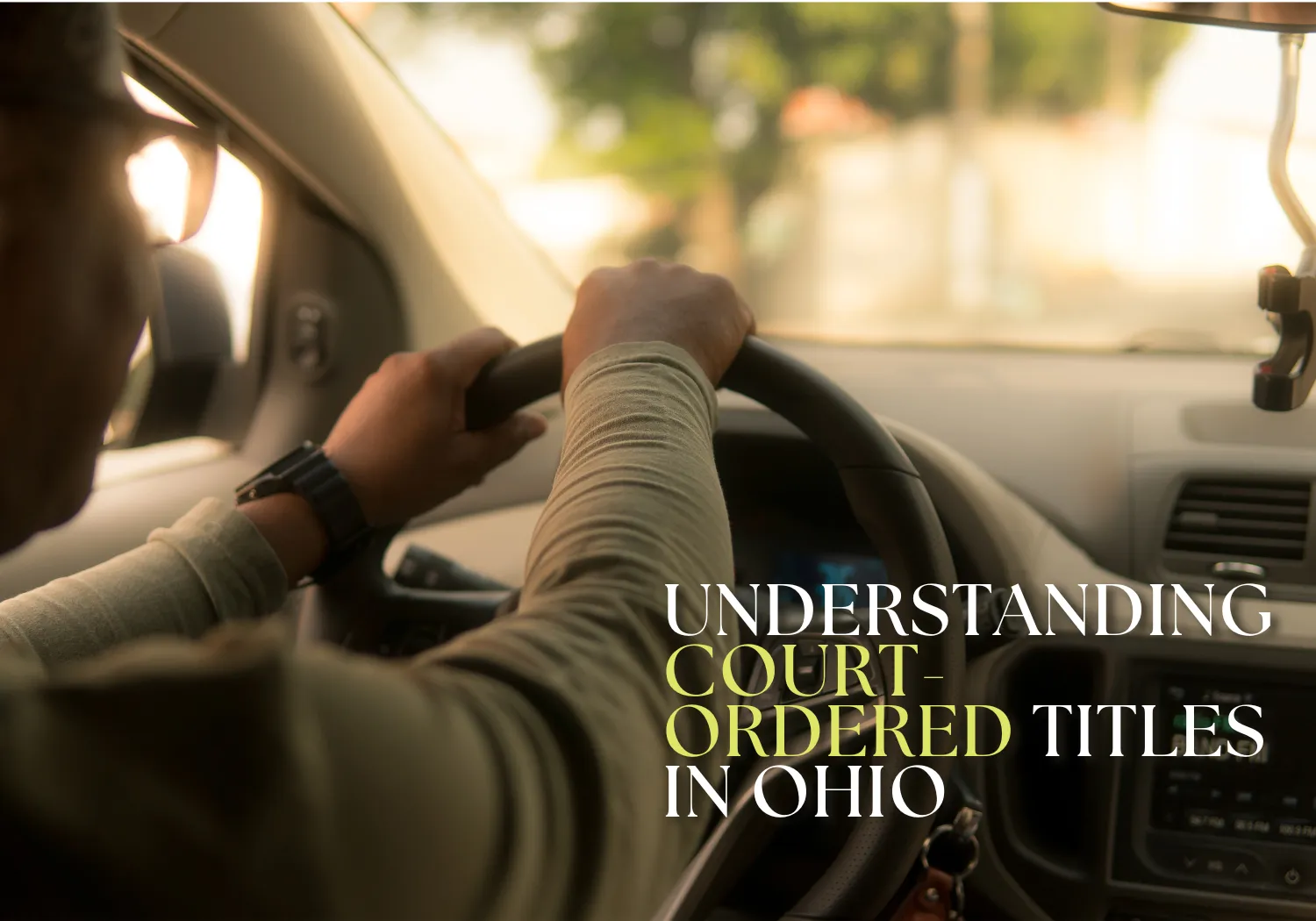Exploring Trusts: Is It the Right Estate Planning Tool for You?
Introduction to Trusts: Navigating the Basics
Do I Need a Trust?
Maybe? There are a lot of benefits to having a trust - it is private, it avoids probate, and it can have better tax implications. There are many types depending on your goals (pour-over, spend-thrift, generational-skipping, etc). However, not everyone needs a trust. A lot of times, people want a trust to (a) avoid estate tax and (b) avoid probate. Very few people have issues with estate tax because estates under a certain dollar amount (multiple-Millions) are exempt from paying estate tax. There are other mechanisms that avoid probate and are less expensive and less cumbersome that achieve this goal. See our blog on beneficiaries! If the need/desire for a trust is due to caring for minor children, a trust might make perfect sense.
Estate Taxes: How They Impact Your Estate
First, Ohio did away its estate tax in January, 2013. Meaning, anyone who passes away after January 1, 2013 will not have an estate tax levied on their assets. There is a federal estate tax, however “smaller” estates are exempt from the federal tax. Currently, estates with under $12.92 Million per individual are exempt from the federal estate tax (this gets cut in half in 2026 for $5.6M). For married couples, the estate tax doubles (currently $25.84 million). The average net worth of Americans, according to the Federal Reserve in 2020 was $748,000. Given the high exemption threshold and Americans average net worth, few are affected by the federal estate tax and thus would not need a trust in order to reduce taxes on their heirs. If you exceed the federal estate tax exemption, a trust may be worthwhile to consider.
The Path to Probate-Free Asset Transfer
Assuming your estate is not large enough to face a federal estate tax, then the next question will be, can you assets transfer outside of probate through any other mechanism? Naming beneficiaries and recording transfer on death affidavits can effectuate the transfer of a majority of assets outside of probate. Assets that can utilize a TOD/POD are checking accounts, savings accounts, certificates of deposit, safety deposit boxes, investment accounts (including brokerage, SIMPLE, SEPs, IRAs, and 401ks), life insurance, auto titles, and real estate. This is one reason it is extremely important to name a beneficiary on all accounts. Doing so will ensure the asset automatically transfers to the named person(s) without going through probate. Ohio allows real estate to transfer immediately upon death if the owners record a transfer on death affidavit with their County Recorder’s office. The BMV allows auto titles to transfer immediately upon death by filing Form 3811. All TOD/PODs must be recorded while the owner is still alive and mentally competent to be effective. Upon the death of the owner, the designee will need to present a death certificate and complete a form to transfer the assets. It does not go to probate!
Trusts for Minors: Ensuring Responsible Inheritance
Aside from taxes and probate, we hear a lot of folks want trusts to prevent their kids from inheriting all of their assets at age 18; the parents (or grandparents) want to make sure the child is mature enough and won’t spend it all in Vegas. This makes total sense! To make a trust that works, your assets should be re-titled into the trust’s name (i.e. instead of Joe Smith on the vehicle title, it would be J. Smith Family Trust would be on the title). An estate planning attorney can assist you with the transfer. One tip - don’t forget about your insurance. If you change how the asset is titled, you may need to change who is the insured on your insurance!
Tailoring Trusts for Specific Goals Beyond Taxes and Probate
If you have goals other than avoiding estate tax and probate, then a trust may be right for you. For example, if you want to have your assets distributed to multiple generations or you have a special needs beneficiary, then you may consider a trust.




